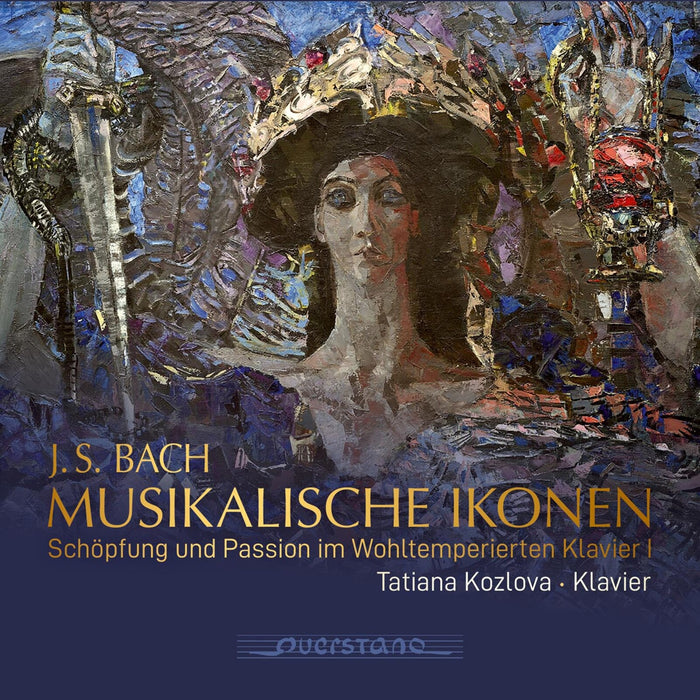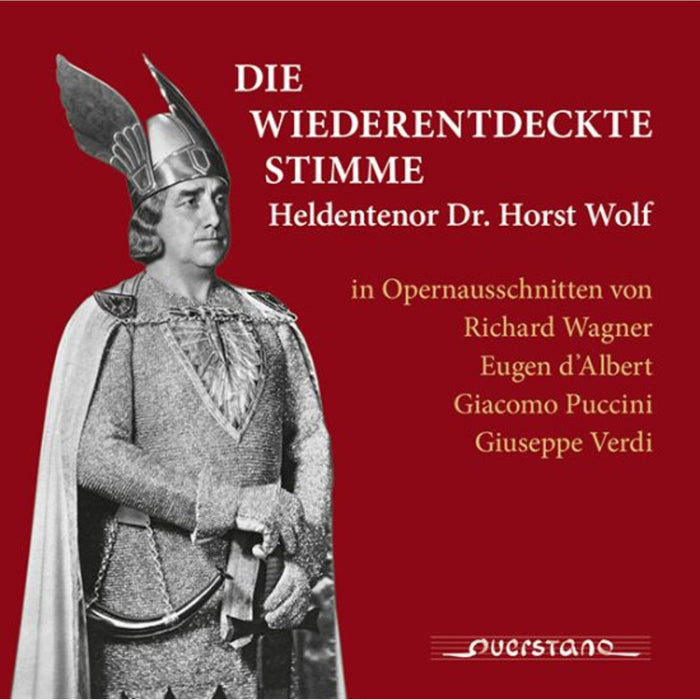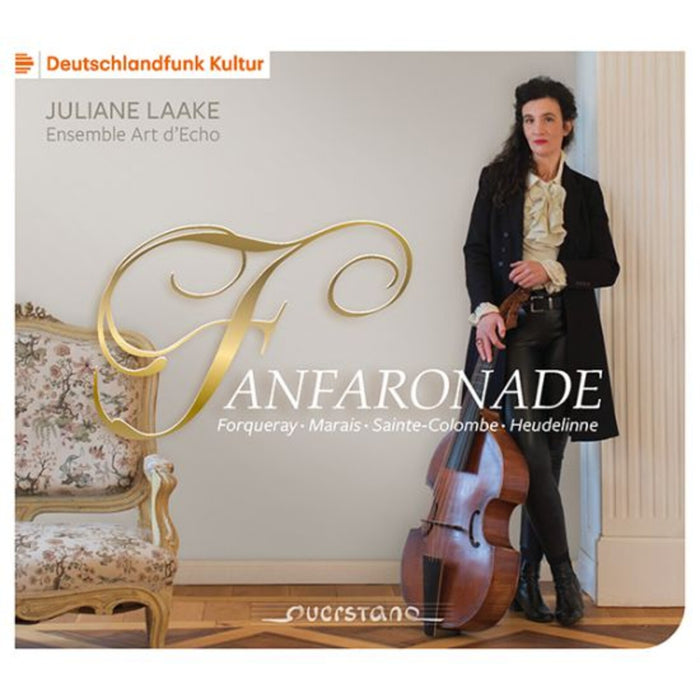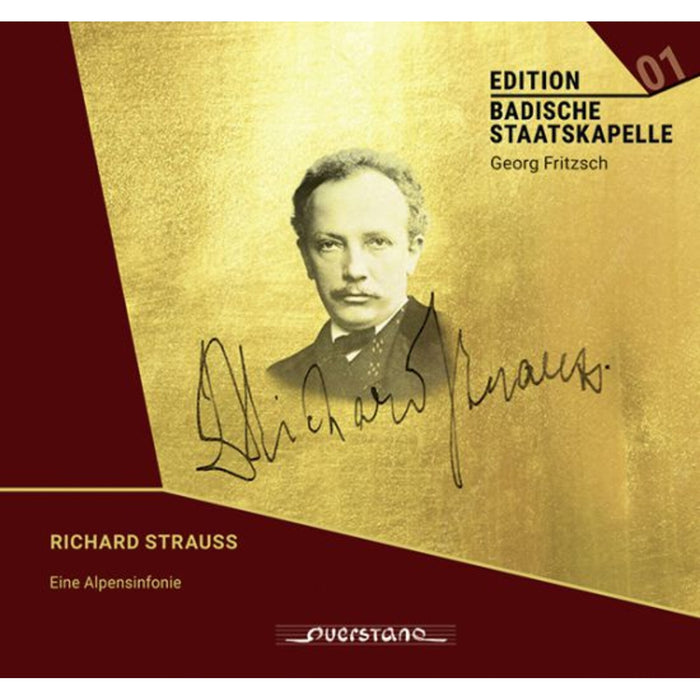Description
The history of today's Badische Staatskapelle begins with a list of the expenses of the court of the Margraves of Baden-Durlach. In 1662, the court musicians are mentioned for the first time, but the exact date of the court orchestra's founding is unknown. There must have been musical performances at court before then, but there was obviously no permanent ensemble. The residence of the Margraviate at that time was Karlsburg Castle in Durlach; the city of Karlsruhe did not yet exist.
This first court orchestra was small. It consisted of five musicians, only three of whom were fully paid. There was also a group of court trumpeters and a military timpanist. Three and a half centuries later, the small beginnings have become a renowned orchestra consisting of over 90 musicians and has been led by Georg Fritzsch as General Music Director since 2020. A current CD edition shows the abilities of the orchestra, especially in the creation of the late Romantic repertoire, which has been intensively cultivated since Hermann Levi's tenure in Karlsruhe.
Part 2 of the edition contains two works by Max Reger, whose 150th birthday the music world will celebrate in 2023. Reger composed the Romantic Suite op. 125 in 1912 during his time as court conductor in Meiningen. He owes his particularly brilliant mastery of the orchestral apparatus to his work with the court orchestra there, a small but also one of the best orchestras at the time, which is evident in the works he composed during this period - including the Romantic Suite. It is based on poems by Joseph von Eichendorff.
In the autumn of 1913, Max Reger confided to his friend Fritz Stein his long-cherished plan to write variations on the theme of the first movement of Mozart's A major piano sonata KV 331 - a plan that he implemented in 1914 despite health problems. Reger's premise was to write "the simplest and most innocent music imaginable", and the classically simple, symmetrical theme that Mozart himself had made the subject of variations was the ideal choice. In the variations, but above all in the contrapuntal mastery of the fugue, Reger shows how much he has made the theme his own.









